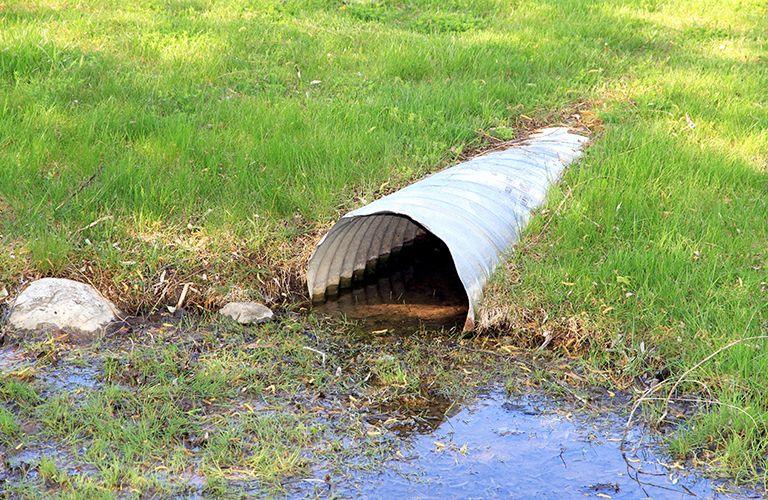
On February 1, 2018, the U.S. Court of Appeals for the Ninth Circuit issued a decision concluding that the federal Clean Water Act (CWA) applies to claims involving the discharge of pollutants to groundwater which ultimately migrate to surface waters.
In Hawaii Wildlife Fund v. County of Maui, the Ninth Circuit (which covers federal courts in the states of Hawaii, California, Oregon, Alaska, Nevada, Idaho, Arizona, Montana and Washington) affirmed a lower court’s grant of summary judgment to the plaintiff environmental organizations and held that the defendant-county was in violation of the CWA in regard to its decades-old practice of injecting partially treated wastewater into groundwater wells. The wells consistently leaked and tracer dye testing confirmed that over 60% percent of the wastewater injected into the wells wound up in the Pacific Ocean within three months of injection. As a result, the Ninth Circuit concluded that the defendant’s “indirect” discharges of pollutants via groundwater into the Pacific Ocean (a “navigable water” under the CWA) was subject to liability under the CWA.
The ruling in County of Maui is the latest in a recent string of federal court cases reaching differing conclusions regarding whether the CWA applies to discharges to groundwater with a hydrologic connection to surface waters (see SGR’s 4/5/17, 4/26/17, and 8/23/17 newsletters for a discussion of the prior decisions). Given the conflicting decisions, it is very likely that other federal appellate courts, and perhaps the U.S. Supreme Court, will further address the CWA-groundwater pathway issue in the near future.
For more information about Clean Water Act or groundwater discharge issues, please contact Andy Thompson. For a copy of the district court’s decision in County of Maui, click here.

